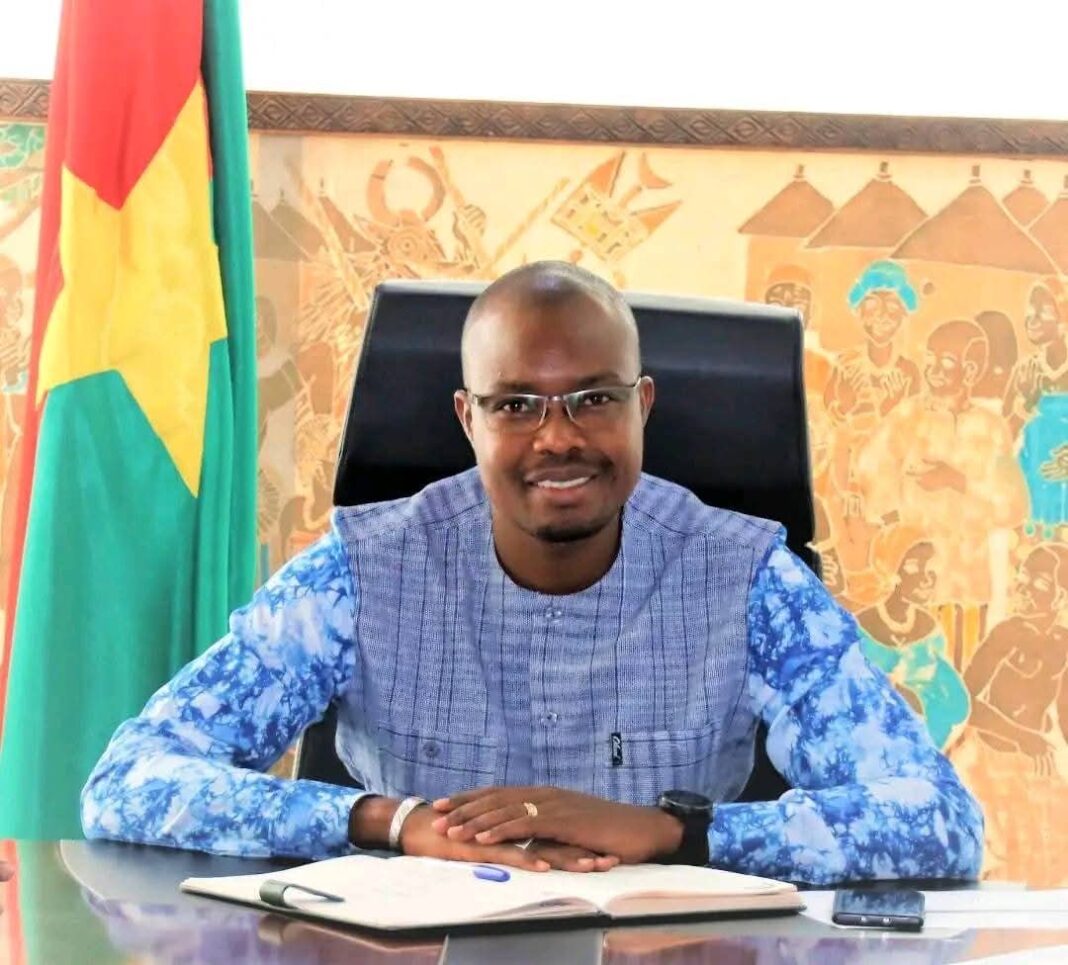
Immigration in Mauritania: A Fragile Balance Between European Cooperation and Internal Challenges
In an interview with The Conversation Africa, researcher Jocelyne Streiff-Fénart provides an in-depth analysis of Mauritania’s migration policy and discusses at length the recent expulsions of migrants, particularly those from Senegal and Mali. These expulsions, which are part of Mauritania’s commitments to the European Union to combat irregular immigration, have sparked strong reactions in Senegal and beyond. They raise concerns about the living conditions of migrants and are accompanied by accusations of racism. Furthermore, these expulsions fuel internal tensions due to nationalism and the socio-economic issues related to immigration.
Rubriques Populaires


